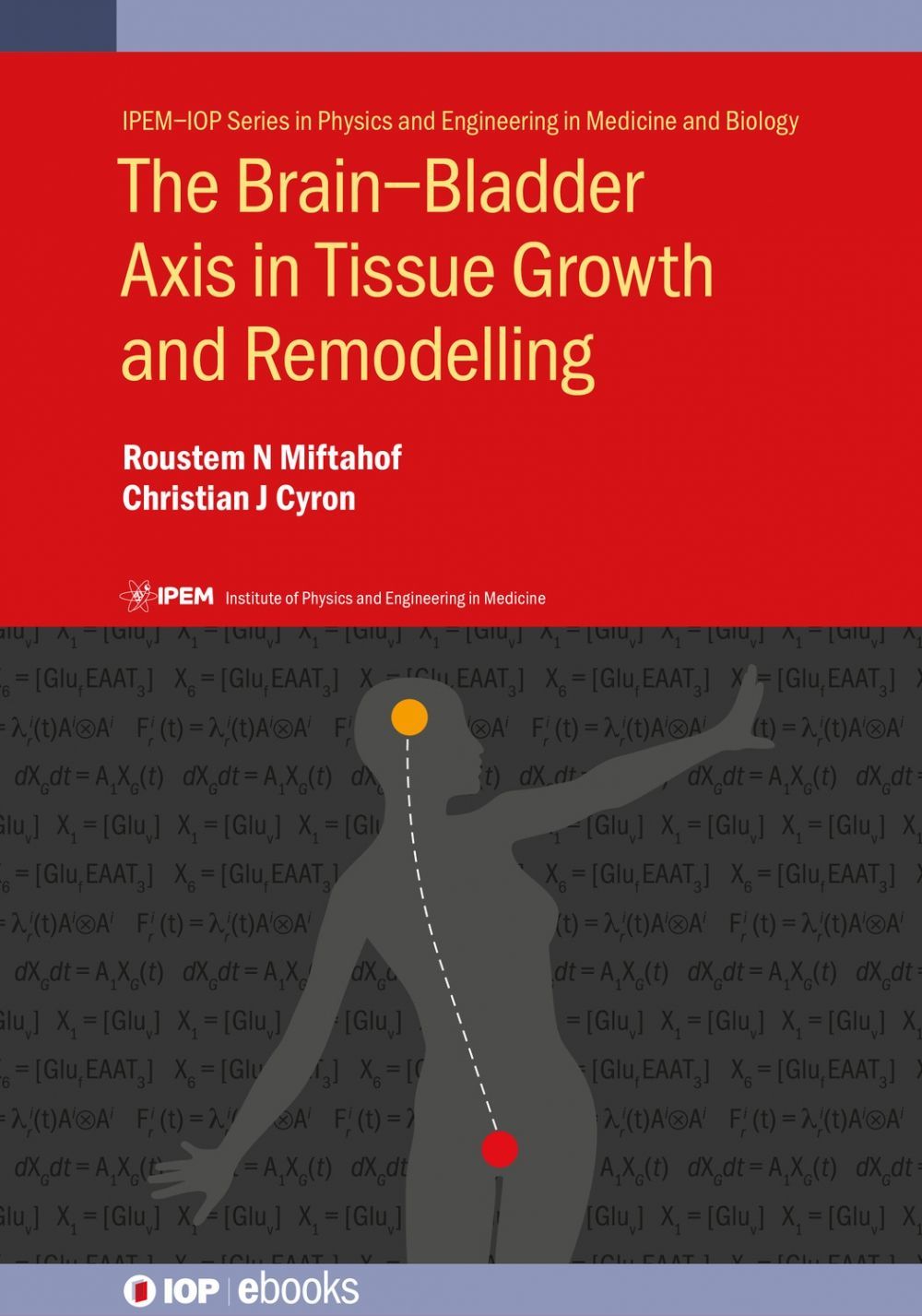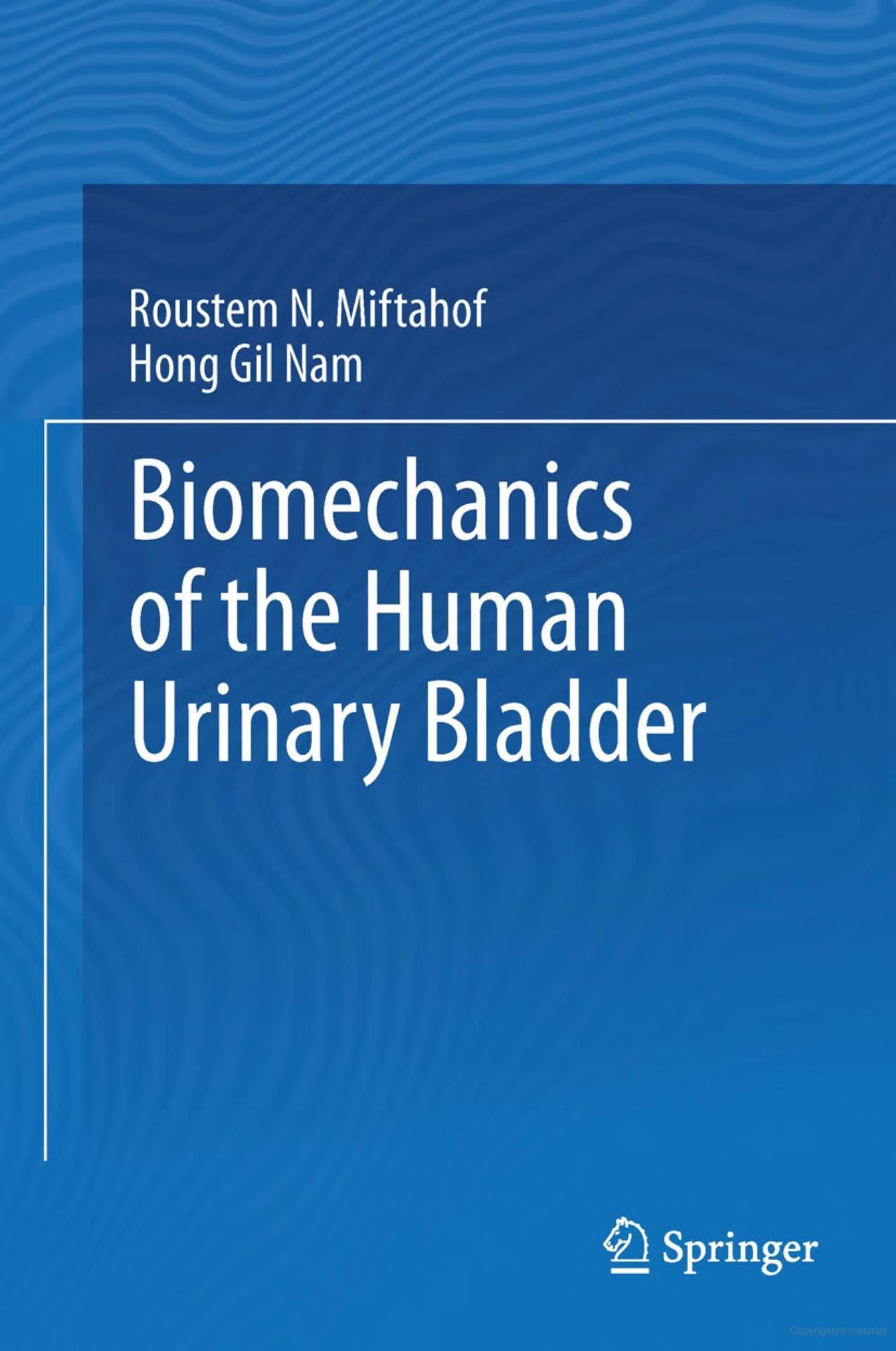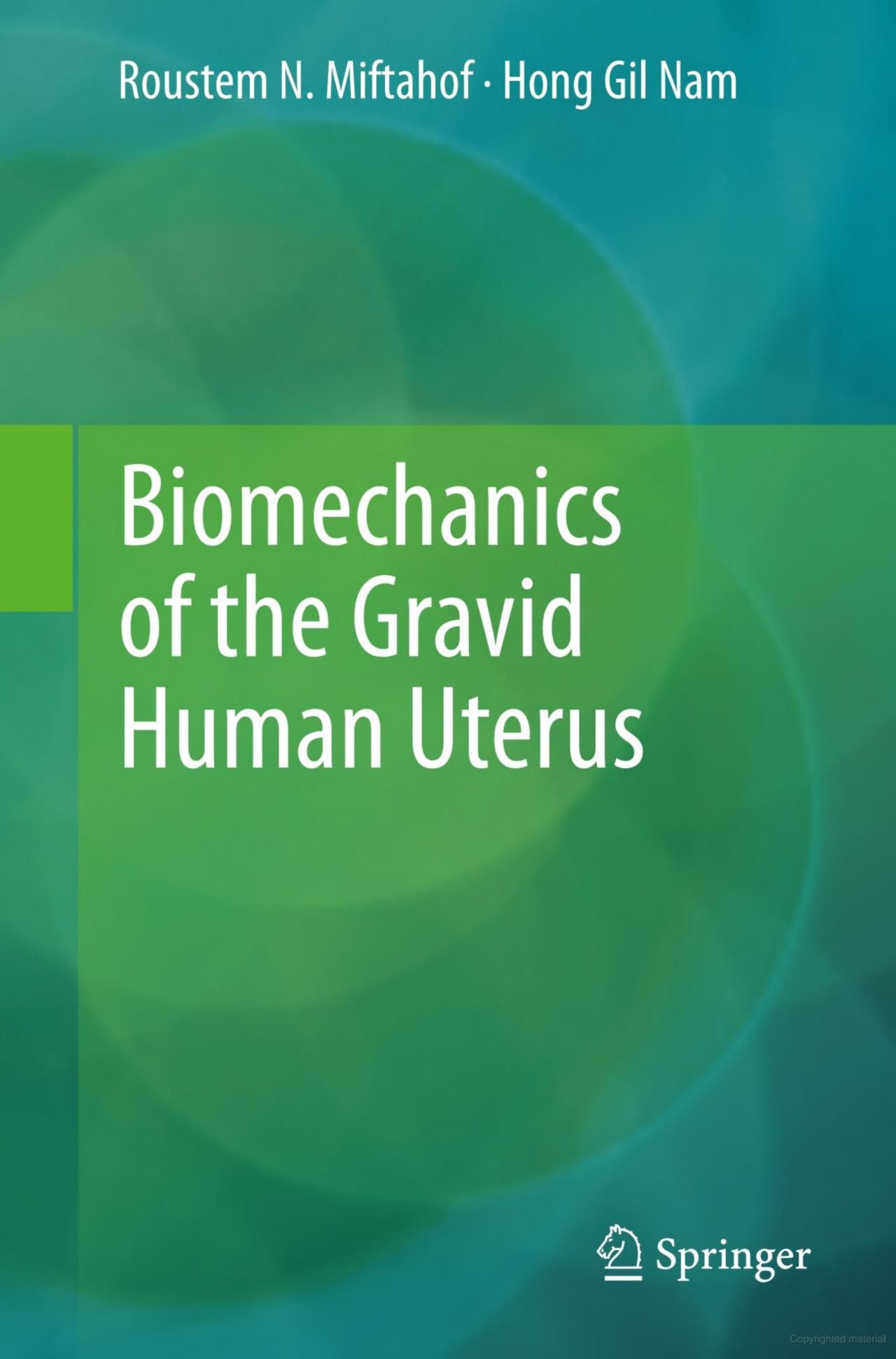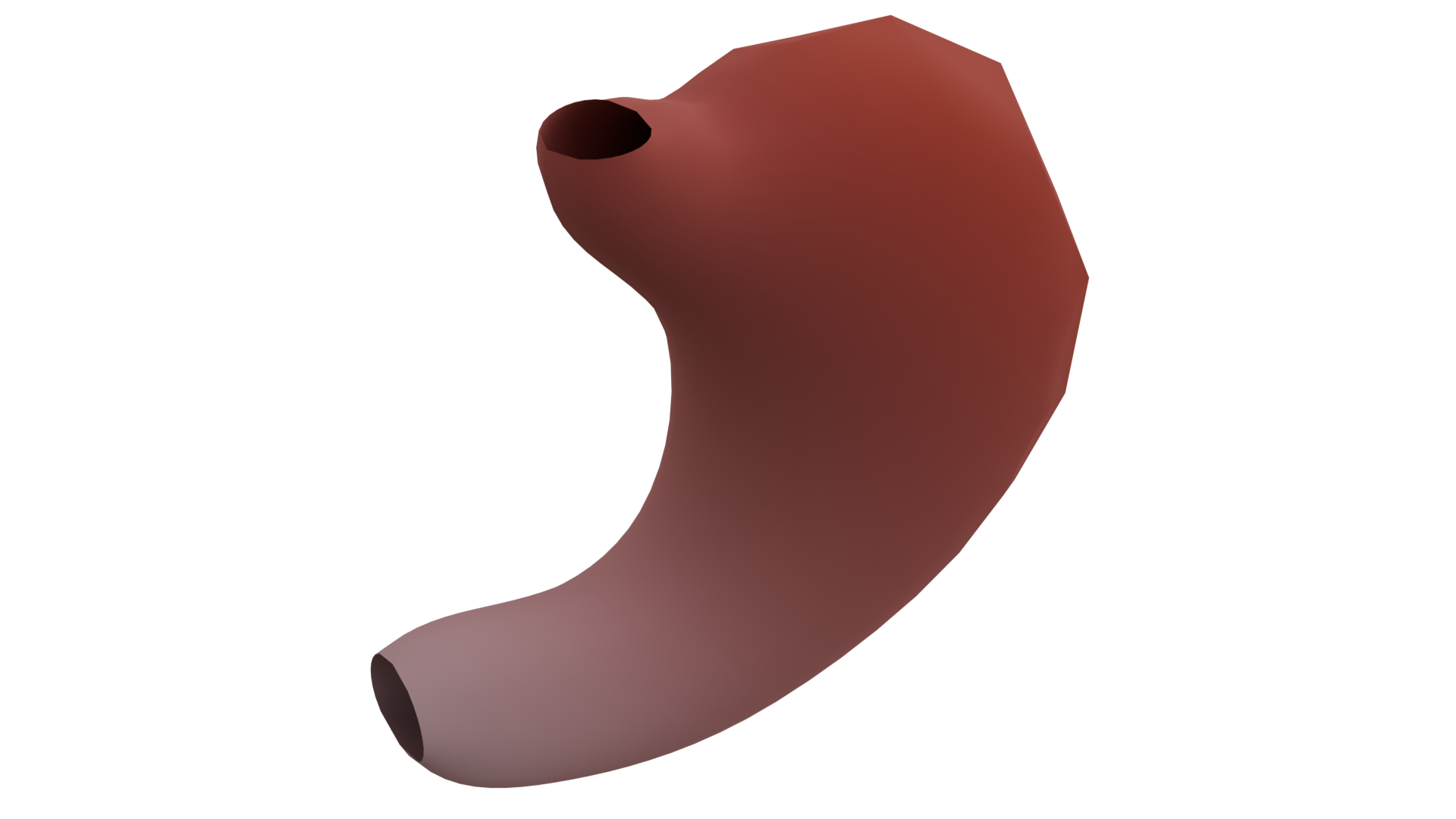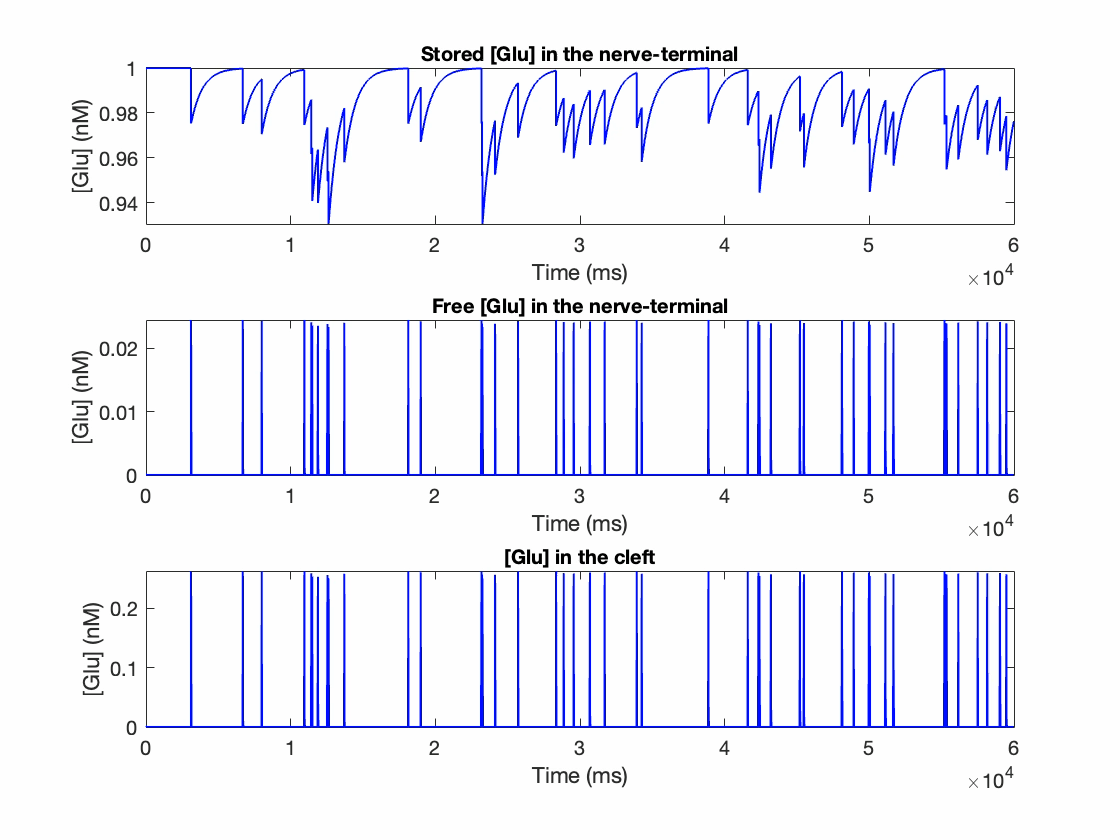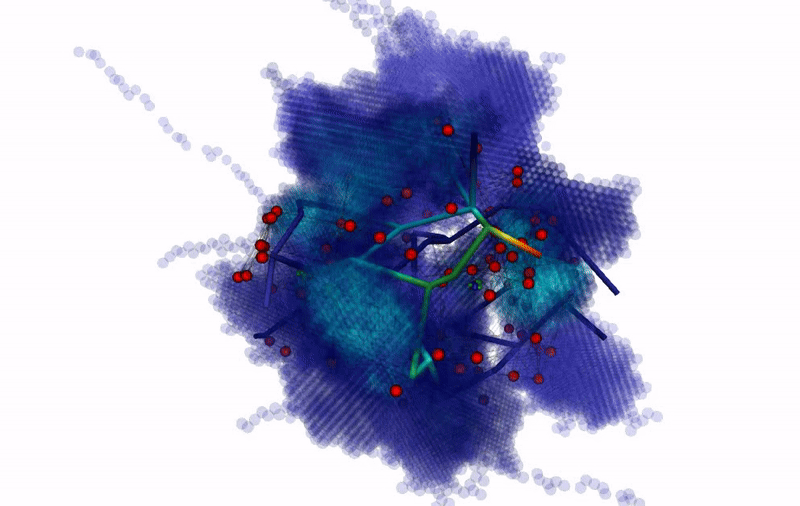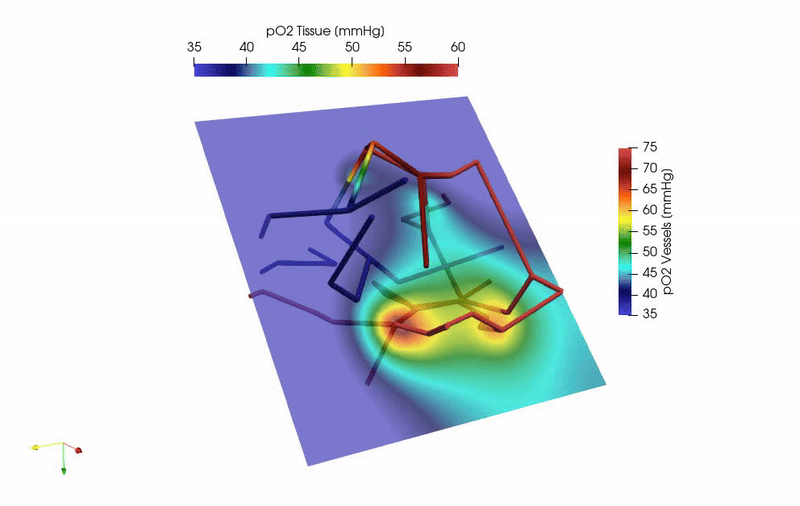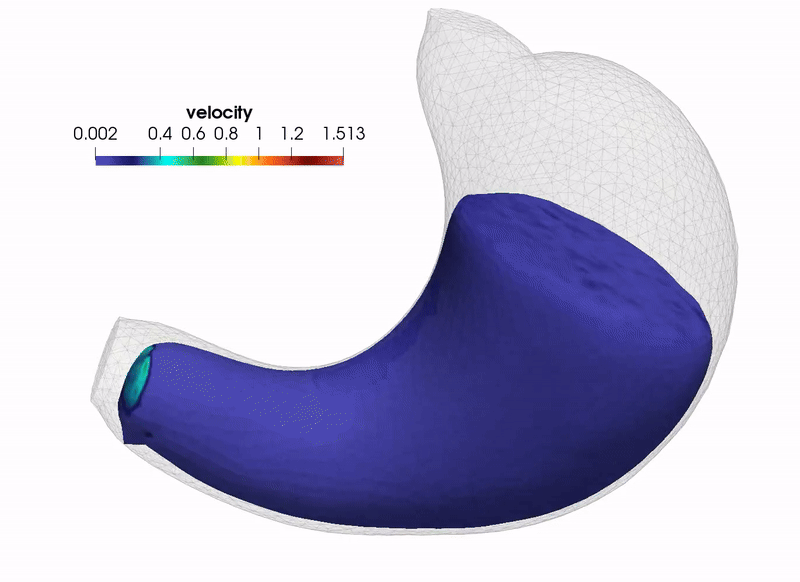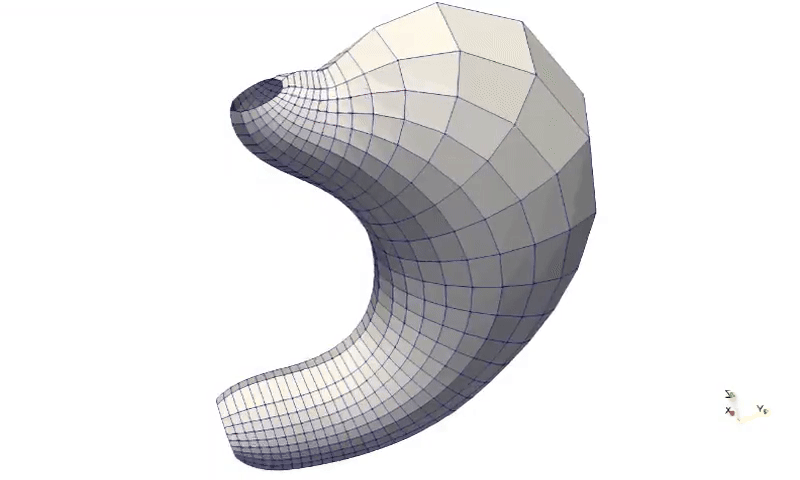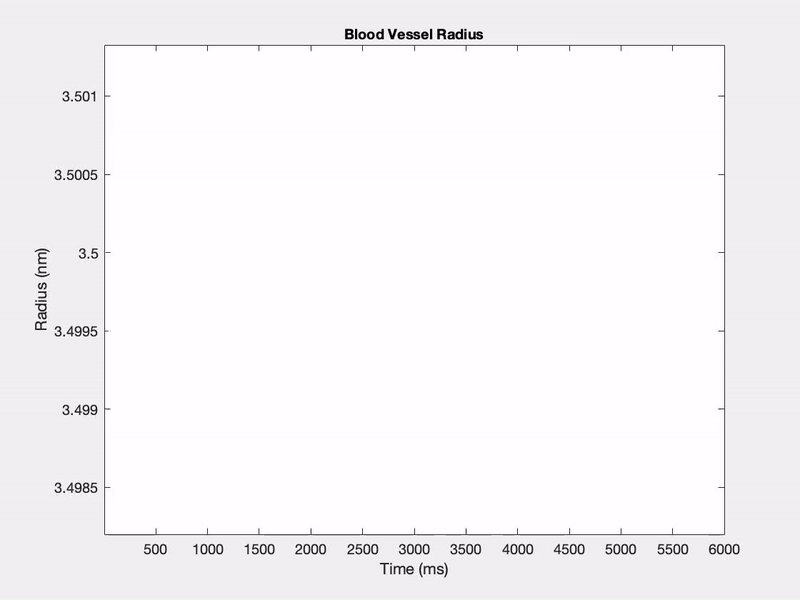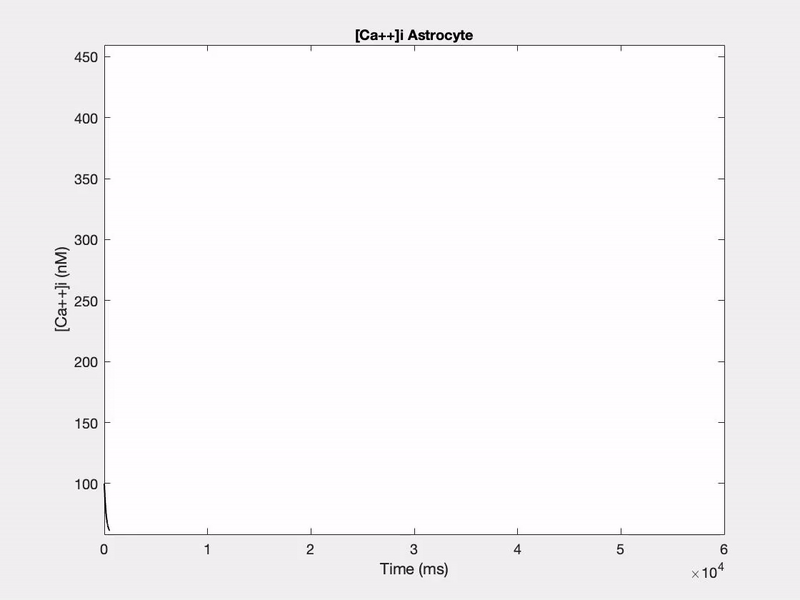Decades of Scientific Innovation
The Foundation of Our Technology
At Advanced Biosimulation Technologies, our work is built on decades of rigorous scientific research, mathematical modeling, and computational biology.
The foundations of our biosimulation platform are rooted in extensive academic contributions, including peer-reviewed publications, pioneering mathematical models, and validated computational frameworks developed over the years.
Pioneering Research
The scientific principles behind our
digital twin technology have been shaped by the groundbreaking research of
Dr. Roustem Miftahof, whose work spans over
40 years in
biomechanics, neurobiology, and physiological modeling.
Core of Innovation
Our approach is
deeply rooted in computational physics, biomechanics, and mathematical modeling. Over the years, Dr. Miftahof and collaborators have developed advanced models of in various field of medicine and biology.
Our Legacy of Scientific Excellence
Dr. Miftahofs contributions—detailed in multiple books, book chapters, and over 150 scientific papers—demonstrate the evolution of computational approaches in medicine, particularly in understanding organ interactions, electromechanical activity, and disease mechanisms.
Biomechanics of visceral organs
The biomechanics of visceral organs governs functions of the bladder, stomach, and uterus through smooth muscle activity and neurophysiological signaling. Our computational models simulate mechanical properties and disease progression, aiding in the understanding of conditions like overactive bladder, gastroparesis, and uterine contractility. These simulations support personalized treatment strategies in gastroenterology, urology, and obstetrics.
Brain-organ interactions
The brain-stomach axis links the nervous and digestive systems, influencing metabolism, mood, and disease progression. Disruptions in this network contribute to conditions like IBS, functional dyspepsia, and neurodegenerative diseases. Using the NeuroGliaVascular Unit Engine (NGVU-E), we model neurotransmitter dynamics and vascular responses, providing insights into disease mechanisms and drug effects, supporting precision medicine.
SIMULATE
Unlock Insights Through Biosimulation
Develop and test digital twin models of the brain, circulatory system, and visceral organs, simulating disease progression, neurovascular dynamics, and drug interactions to accelerate discovery.
IMPROVE
Refine Treatments & Medical Technologies
Enhance the design of neuromodulation devices, surgical procedures, and drug delivery systems, optimizing therapies for stroke, neurodegenerative diseases, and gastrointestinal disorders.
ANALYZE
Virtual Populations & Predictive Models
Run in silico clinical trials to evaluate treatment outcomes, pharmacokinetics, and neurovascular responses, reducing reliance on animal testing and improving patient stratification.
OPTIMIZE
Personalized Healthcare & Precision Medicine
Tailor drug regimens, interventional procedures, and rehabilitation strategies based on patient-specific digital twin simulations, enabling data-driven decision-making for better outcomes.

